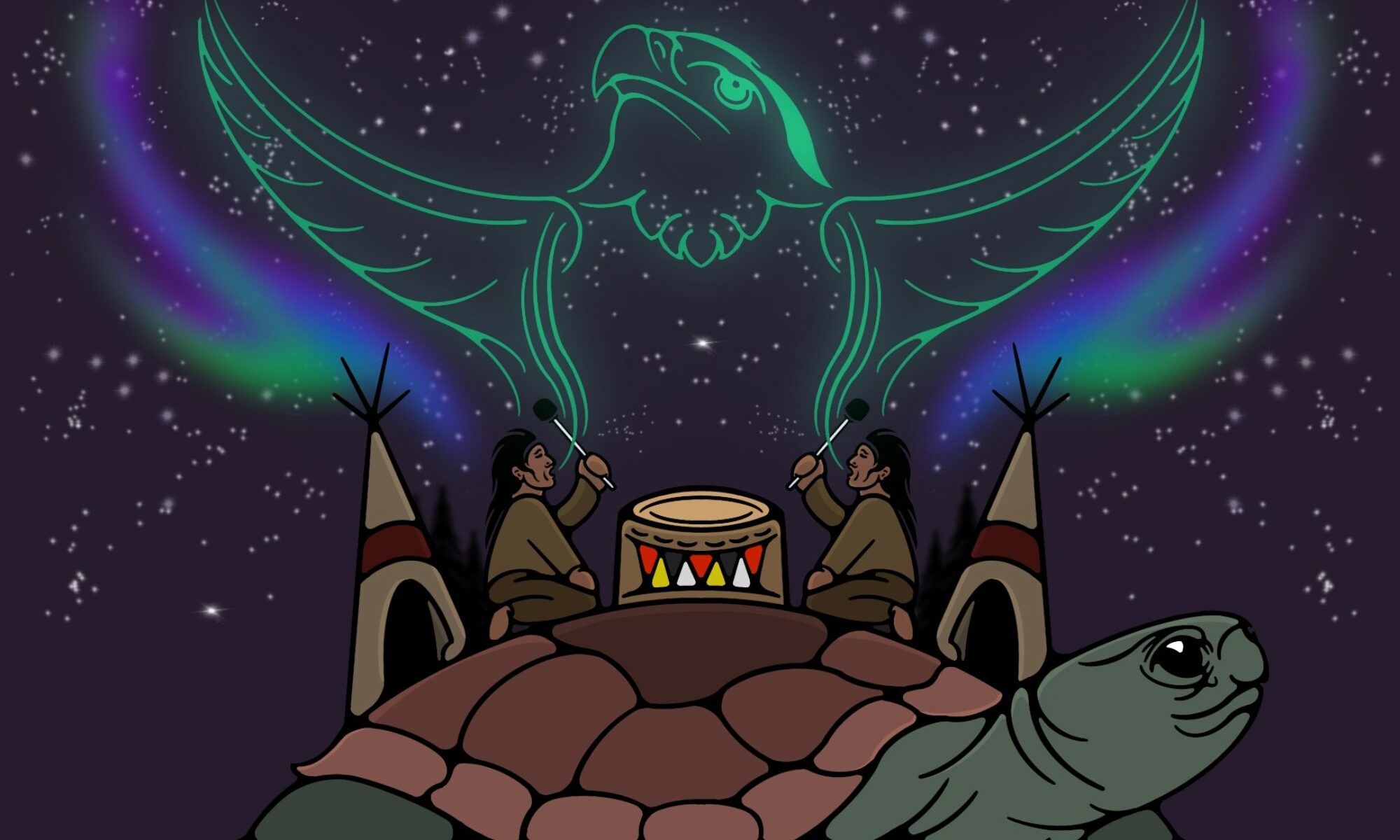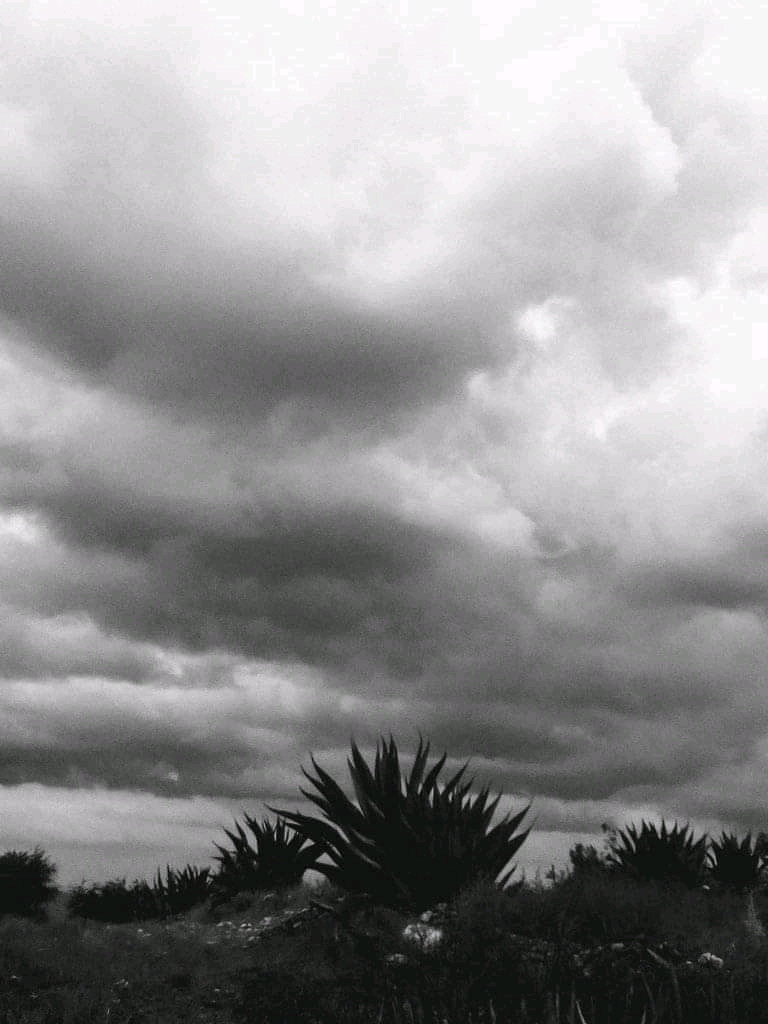
© Original poems and pictures by Rosa Maqueda Vicente
© Translations by Carolina Bloem
Mâ y´u̲
Mâ y´u̲, hñähñu. Dí ofo,ga´tho to dí handi ha mâ hai, dra mengu: Nts´o̲tk´ani, mâ hai, mâ b´atha, dí ne ga xia´i ga´tho te ma na rä hñäki rä hñähñu, n´e te ma rä njohya ngetho dí b´u̲hu̲ ko rä zi mäka hai, dí ne ga xia´i te dí handi; rä zäna, rä hyadi, rä ndähi, yä tso̲, n´e ga´tho too b´ u̲hue ko rä zi mäka hai.
My root
My root, hñähñu. I am from that land where the cactus sprouts, the tzik’iä, through the word, I wish to share with you, the gaze of a ñähñu. I am Ûrosha.
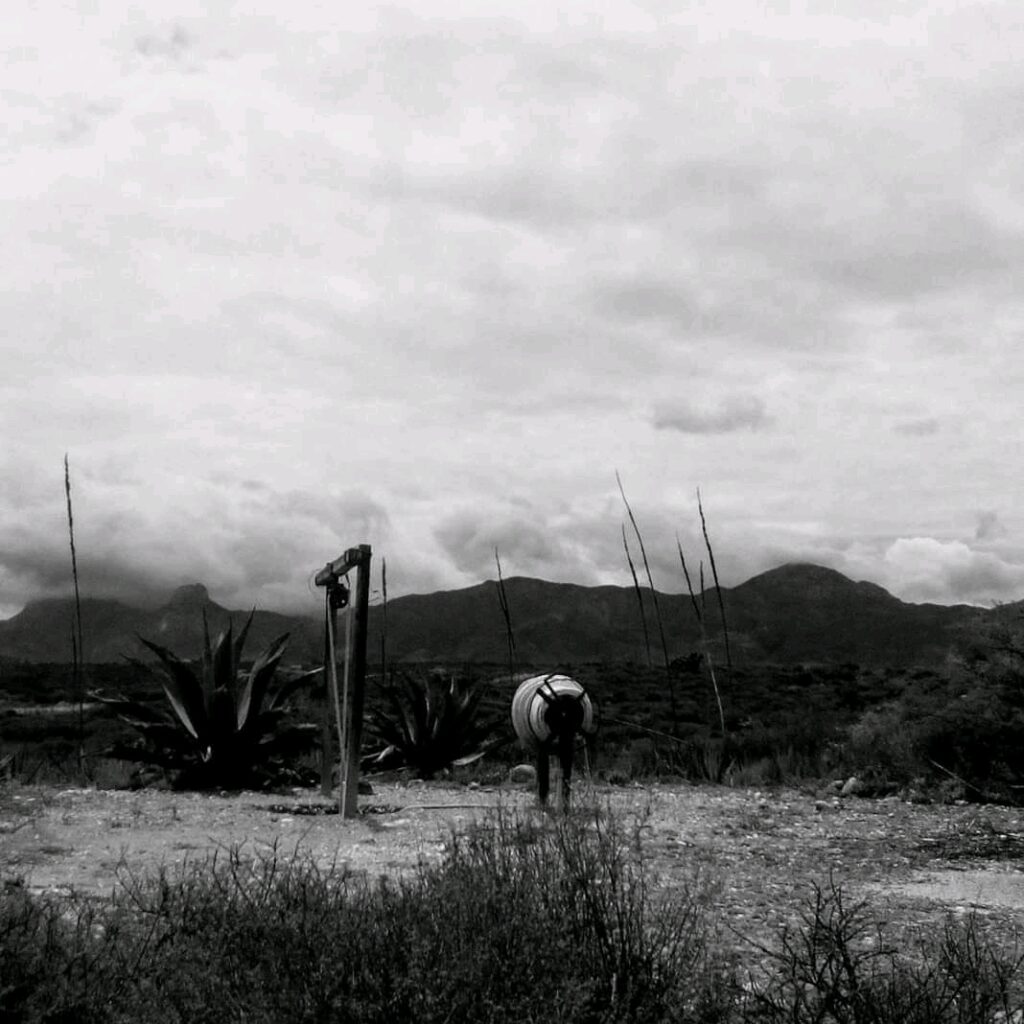
Ya hme mâ ´yu̲
Digepu̱, ho̱nse̲ xini
ha ra hyaznä
ya da dega ya xi
gí udihu̱ ra ñu ya te
gí nu̱´mi ra huähi
gí handi ra ´bahi
gí numañho ra zi Zänä
gí handi ra mothe
ya hñe dega ra hya´tsi.
Ra te
ha
ra te.
Ha ra hño̱mi dega mbonthi
bí ntsaya
ha ya ´ye n´e ya ´yot´i
ra ´bifi dega za
g
í
h
n
o̱
´t
s
e
Ra ndähi bi njone
ha ra nt´o̱ts´e ra ya xi
ha ra nt´o̱ts´e ra ya do
ha ra nt´o̱ts´e ra dega ra nespi
g
í
o̱
d
e
Ra nthuhu ya xi
ra nthuhu mâ hnini
ri noya ntu̱ngi
r´a y´o
bi ja ndunthi
ya mfädi
ha nuna ra xímhai
¿Gí o̱de?
¿Gí tsa?
¿Gí ´bu̱i?
¡Ra hña ri ´bu̱i!
Nubye̲,
ra ndähi da njone,
ya hme mâ ´yu̲, ¡ri te!
The faces of my roots
At times, only at times
in the brightness of the Moon
the eyes of the leaves
mark the path of things
look at the milpa,
look to the palm tree,
look to the Moon,
look to the well,
the everyday mirrors.
Time
over
time.
By the slope of the hill
decrease their fatigue
among rain and drought
the smoke of the firewood.
S
T
O
P
The wind whispers,
to the ears of leaves,
to the ears of rocks,
to the ear of the kitchen fire.
L
I
S
T
E
N
The song of the leaves,
the song of my people
its voice, flies lightly
leaving
traces
on
this land.
Do you hear it?
Do you feel it?
Do you live it?
Its language still breathes!
Now,
the wind has whispered,
the faces of my roots, they belong to you!
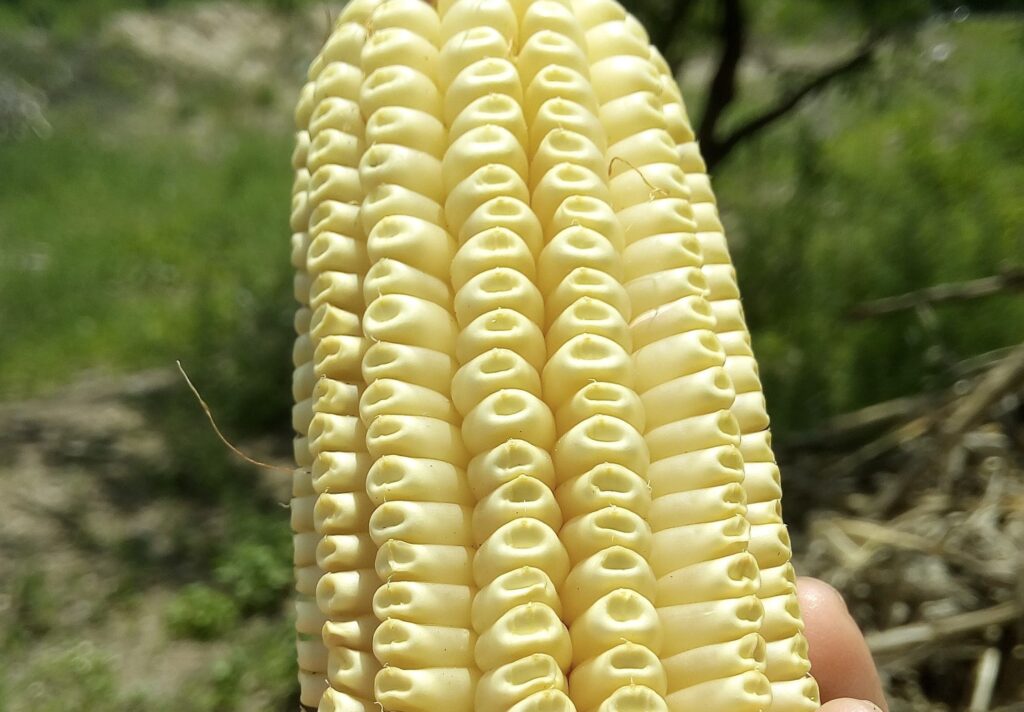
Haxä tso̱o̱
Hintó pädi tema da ja,
ra te,
pe ga´tho ra jä´i,
bi ma ha
ya nstaya.
Ya hña hindí ne ra nxui
ya nthuhu, embagí ge ra zi du ma da ehe
ha ya hnini mi jo´o ra jä´i…
Ha ra mfeni ja ya mfädi,
n´e ya hogä te,
ha nun´a ra mähets´i,
ra hyadi bi u´ti ya ´ñu:
ya te, ya tsintsu̱ n´e ya ´boza,
habu̱ into´ó bi ñä,
bi xikägi ya zi mäka te.
Ya zi mäka te,
ha nun´a ya zi da ha ya mähets´
bí tutuab´´i ra ndâhi.
Nubya ra m´u̱ ra hai, xá nk´ant´i.
Haxä tso̱o̱
In thalamus of uncertainty
time stopped us,
We made nooks.
Whisperings avoided the night
noise of sirens, foretold death
desolate streets, piercing absences...
Memory keeps
the warmth in the word,
in heaven waterfalls,
the sun showed paths:
insects, birds, trees,
after our silence,
they uncovered their mystery.
Neverending fragrances,
in the eye of the skyes,
sings the wind.
It is still spring.
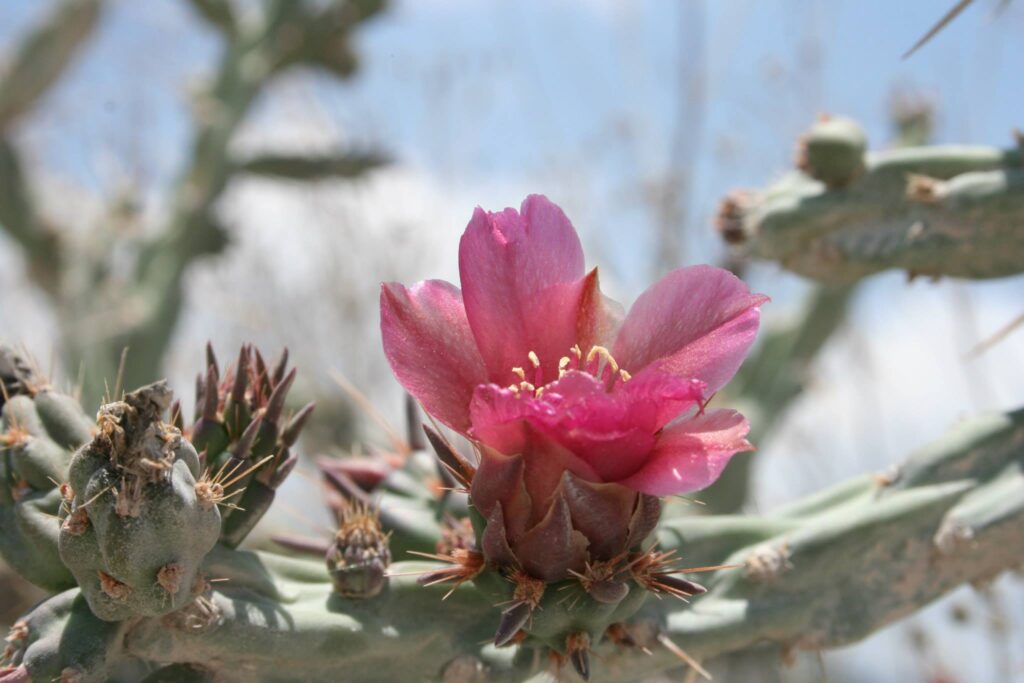
Sofo
Ri täki ra de̲thä, ri häni ra hats´i... Ri hnu̲ti ra te. ´Ramba ra ´be̲fi; de̲tha, ju̲ n´e mu. N´a ra ndähi degä ñ´ot´i bi thogi ra hoga njut´i ha ra b´ o̲ts´e ri e̲gi pa ri xudi ra xi hmutha.
Harvest
Shelling corn They welcome dawn… In looks one glimpses, hope. In harvesting; corn, beans and squash. An autumnal breeze shows through; the seed of the future.
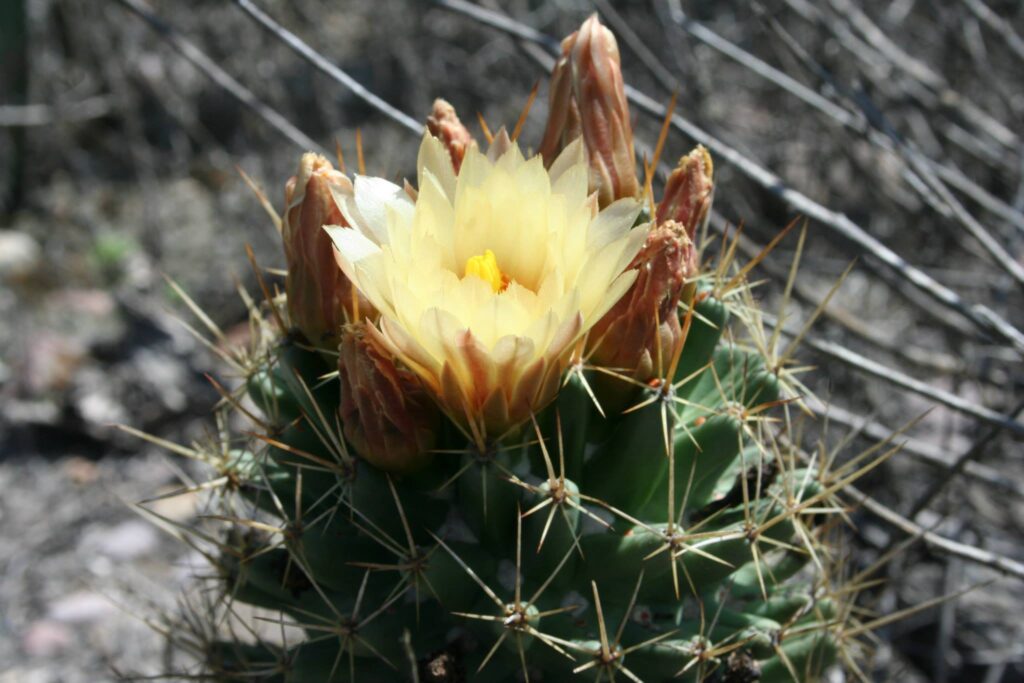
Nänä Juliana
Ham´u̲ gi bense̲, ya mfeni ga tat´i, xâhmä gi o̲de ri ndäte pa gi ja ra njohya. Ngu rä do̲ nithu̲ ´mnxi, ngu rä do̲ ní´bást´ä, ngu rä rä do̲ nikamiñ´o, ya mfeni bi ja ham´u̲ ya hneí dega ya tso̲ ge hingi hueti, ngu ya beni mâ xuxu. Nuni bi hoki ya b´et´e rä dänjua njabu̲ mâ xuxu da hoki ko ndunthi ya mädi n´e ko ndunthi ya njohya, nuni bi hoka ra b´e̲ fi ko ya kähäkamiñ´o, pa da peni ya dänjua ge nuni da b´et´e, nunä rä do̲ni da donibye ha mâ b´atha, ha mâ B´atha rä B´ot´ähi.
Nana Juliana
When you dedicate yourself
to the task
of the subtle
of thinking,
memories emerge.
One can perceive
the beat
of your heart
to be the scent of happiness.
Like a flower of biznaga,
like a flower of garambullo
or a flower of cardon
memories converge;
in a dance of stars,
that do not die out
like the memory
of my grandma Juliana.
Weaving the maguey fiber,
weaving slowly,
to permeate it with love.
She used
the prickly pear of camhiño
to wash the maguey fiber
that she used to weave,
do̲ni,
blooms in my valley,
in the Valle del Mezquital.
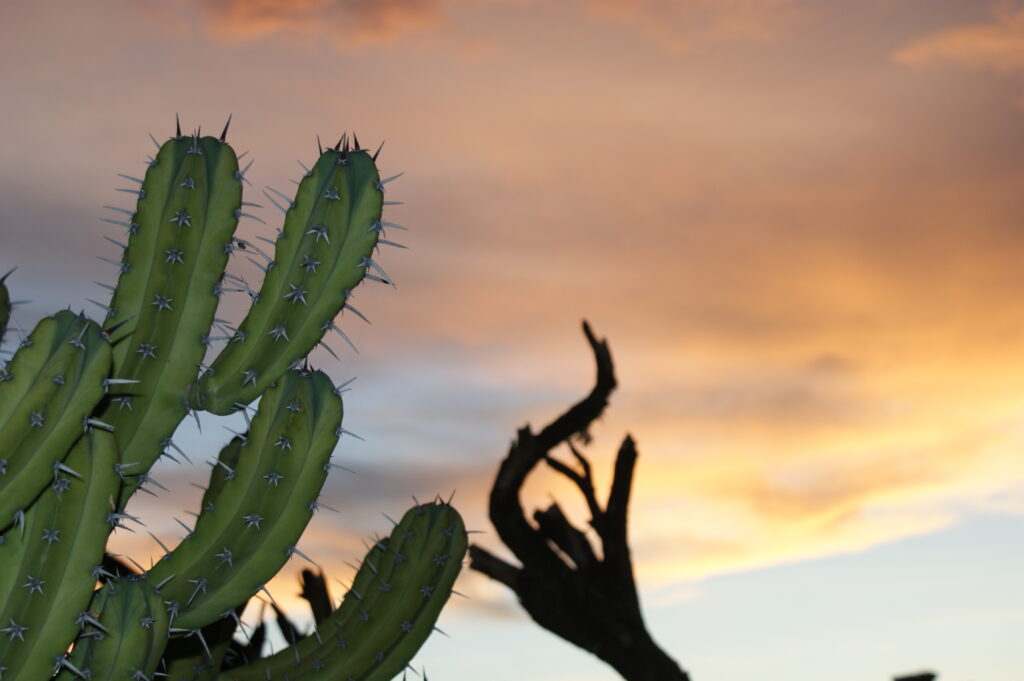
Di ne ga
¡Oh, xâhmä nuga dra ndähi! Ko xe̲di n ́e xá te ha nun ́a râ mahets ́í nuga ga ja ndunthi ya guí ha nun ́a ́yót ́ä haí. ¡Zäge nun ́a ra ́batha ya ja ndunthi ya te! ¡Di te̲ntho nun ́a mâ zi ja ́í hinda ma de nuua mâ hnini!
Longing
Oh, if I were wind! Fleeting and ungraspable in the hole of the sky I would drag clouds to this thirsty land. How fertile would this valley be! How far would then the departure of my people be!
Acteal *
December twenty second, forty five people
in a day of prayer and fasting for peace.
In the jungle sounds of goat’s horn.
The night turned pale.
The moon did not want to be a witness.
Nocturnal breeze, splashed with blood.
Men, women, and children massacred.
¡Chenalhó, Chenalhó, Chenalhó!
After the Sun rise,
“the day that was day,
was night”
dark phase of pain
of a community.
Train of waves demanding justice.
¡Chenalhó, Chenalhó, Chenalhó!
Time was extinguishing them.
Chenalhó,
Chenalhó,
Chenalhó…
Che,
nal,
hó…
Che,
nal,
hó…
Voices of justice, will they get lost in the winter?
¡Chenalhó, Chenalhó, Chenalhó!
¡Chenalhó, Chenalhó, Chenalhó!
* The Acteal massacre occurred on December 22, 1997, in Chiapas.
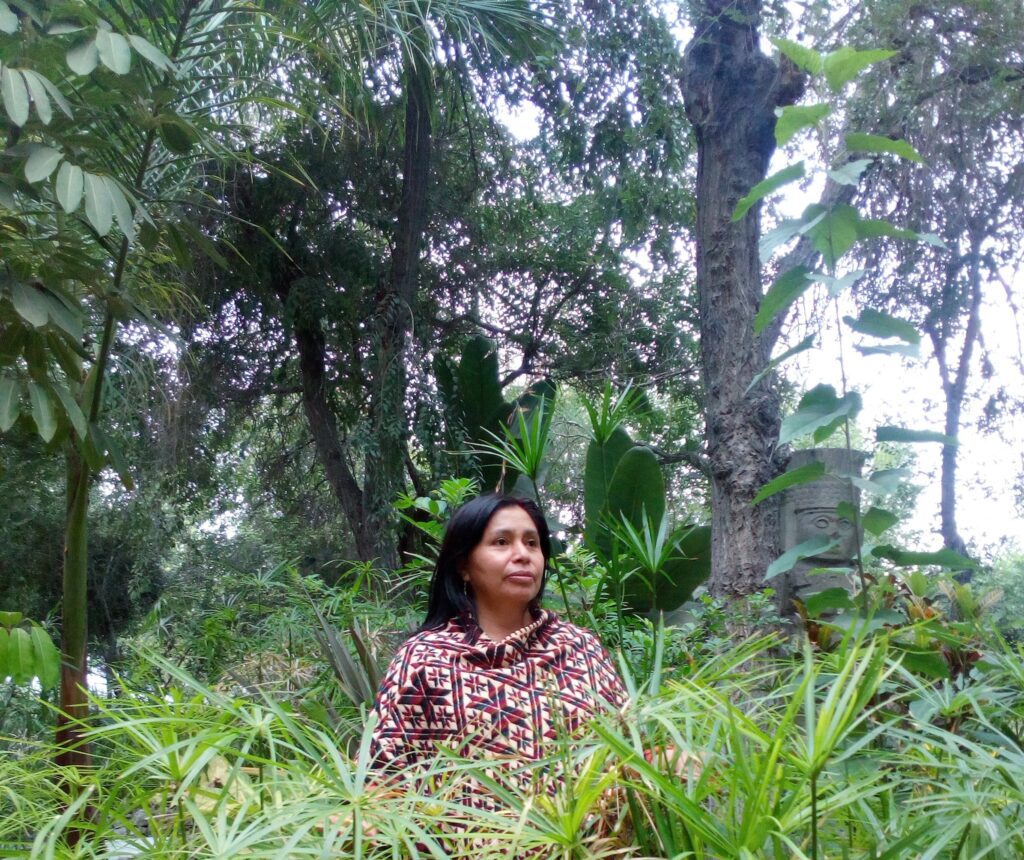
Rosa Maqueda Vicente leads community workshops. Rosa has published essay(“Ecos de nuestras lenguas originarias, 2017), short story (“Ar thuhu ya gigi” / “El canto de los grillos” y “Ar `mui ya deni”/“El origen de las luciérnagas”, 2018), and poetry formats (Originaria, 2019). Her stanzas have been included in A donde la luz llegue (2018), Ocho entre ocho Hidalgo: Crítica, crónica y comunidad (2019), Xochitlajtoli Poesía Contemporánea en Lenguas Originarias (2019), Antología Originaria (2019), Aún queda la noche (2019), and “La Mexicana”, suite for Orquesta de Jazz y Arpa (2019). Regarding Cultural Dissemination, has collaborated in Revista MEUI from this side. Her work has been published in Gaceta UAQ, Difusión, Historia, Identidad, Querétaro, Qro. UAQ. Dya yu̱hu̱ / Somos raíces.
About the translator

Carolina Bloem teaches Latin American Studies and Spanish at Salt Lake Community College. Her research focuses on present-day Wayuu oraliture and its impact both in local and international communities. Past research interests include travel writing in 19th-Century Colombia and Venezuela and conduct manuals and their biopolitical role in society.
